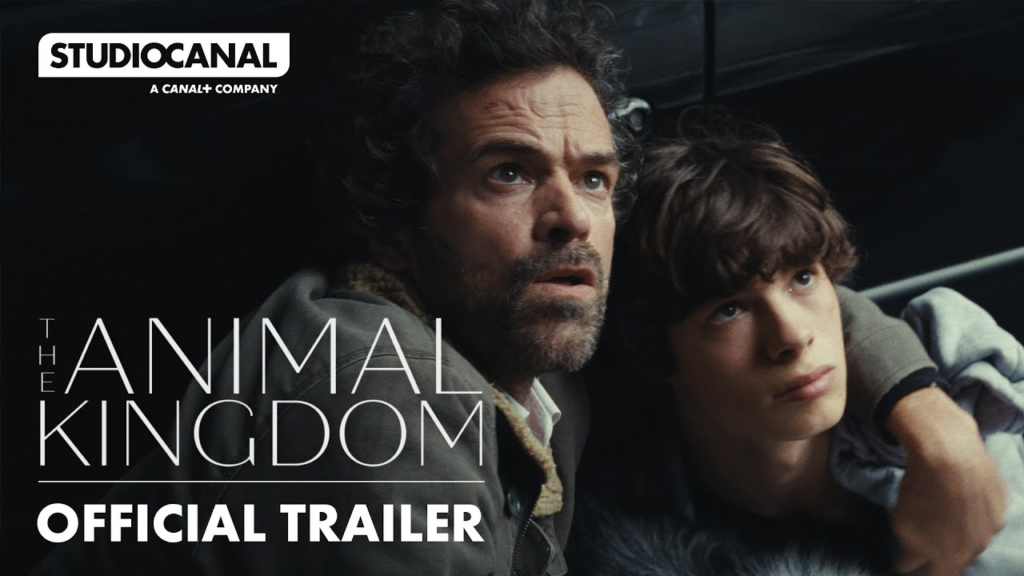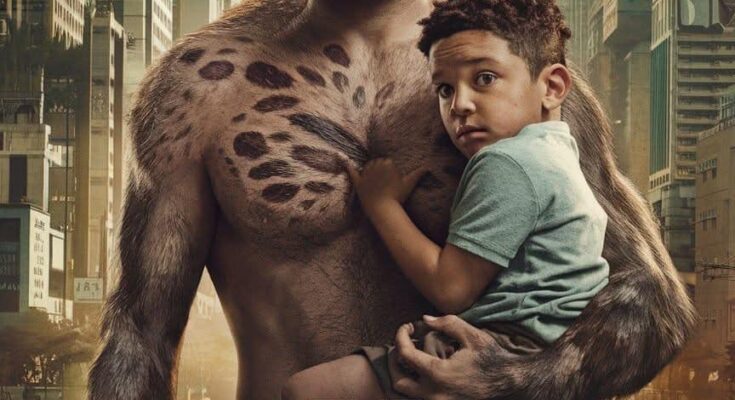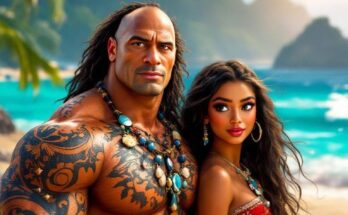The story centers on François (played by Romain Duris), a devoted father, and his teenage son, Émile (Paul Kircher). After the tragic death of Émile’s mother, who was among the first to undergo the mutation, François is determined to give his son a normal life. The pair moves to a small village in the countryside, seeking a fresh start and a sense of stability. However, their lives are soon disrupted when Émile begins to exhibit signs of the mutation himself.

As Émile’s transformation accelerates, François is faced with a heart-wrenching dilemma: accept his son’s new reality or try to fight against nature. Along their journey, they encounter others who have undergone similar changes and formed tight-knit communities, embracing their new identities. These encounters challenge François’s perception of what it means to be human and force him to confront his own fears and prejudices.

The film masterfully combines its speculative premise with emotional depth. François’s struggle to protect his son mirrors larger societal questions about acceptance, adaptation, and the fear of the unknown. Émile’s experience, meanwhile, reflects a coming-of-age story amplified by the physical and emotional changes he endures, symbolizing the universal struggle of identity and self-discovery.
Visually, “The Animal Kingdom” is stunning, featuring groundbreaking practical effects and makeup to create the hybrid human-animal characters. The film contrasts the beauty of the natural world with the fear and chaos caused by these unpredictable transformations, drawing a parallel between humanity’s relationship with nature and its own evolutionary journey.

Thematically, the film explores the bonds of family, the power of love, and the importance of acceptance in an ever-changing world. With its thought-provoking narrative and emotional resonance, “The Animal Kingdom” offers a unique and compelling cinematic experience, challenging audiences to consider what it truly means to embrace change and to remain connected despite differences.



